A Virtual Tour of China Posted by sasha on May 20, 2020 in Culture
I don’t know about you, but I really like traveling (我很喜欢旅行 wǒ hěn xǐ huān lǚ xíng). For us travelers, this global pandemic (全球大流行 quán qiú dà liú xíng) really stinks. That’s why I’m going to take you on a virtual tour of China (中国虚拟之旅 zhōng guó xū nǐ zhī lǚ). Hopefully this inspires you for future travels to the Middle Kingdom!
Beijing
Beijing is the capital of China (北京是中国的首都 běi jīng shì zhōng guó de shǒu dū). Of course, we need to begin our virtual tour there! I spent 5 years living in Beijing and explored all corners of the city.
The Chinese capital is home to many of the country’s most famous landmarks. Here are just a few of the places you can see in Beijing:
- Temple of Heaven (天坛 tiān tán)
- Tiananmen Square (天安门广场 tiān’ān mén guǎng chǎng)
- National Museum (国家博物馆 guó jiā bó wù guǎn)
- Forbidden City (故宫 gù gōng)
- Great Wall (长城 cháng chéng)
- Summer Palace (颐和园 yí hé yuán)
- Lama Temple (雍和宫 yōng hé gōng)
- Bird’s Nest (鸟巢 niǎo cháo)
You’ll see these and many other places in these videos showing you how to spend 72 hours in Beijing:
While Beijing definitely has its problems with traffic and pollution, it’s a fascinating city to visit. I hope you enjoyed the virtual tour and hope you’ll get to travel there some day!
Historical Destinations
If you’re interested in learning more about Chinese history (中国历史 zhōng guó lì shǐ), I recommend traveling to places like Xi’an (西安 xī’ān), Luoyang (洛阳 luò yáng), and Datong (大同 dà tóng).
The former is home to the Terracotta Warriors (兵马俑 – bīng mǎ yǒng) – one of the most famous places in all of China and an amazing sight to behold. Check it out without getting off the couch in this short video tour:
Meanwhile, Luoyang and Datong each have one of China’s impressive Buddhist grottoes – the Longmen Grottoes (龙门石窟 – lóng mén shí kū) and Yungang Grottoes (云冈石窟 – yún gāng shí kū) respectively. Explore them both by watching these videos:
Another great place to dive into Chinese history and culture is Qufu (曲阜 qū fù). The hometown of Confucius (孔子 kǒng zǐ) is located in Shandong province. Not surprisingly, it’s home to the largest and most important Confucius Temple (孔庙 kǒng miào).
From Qufu, you can also visit Mt. Tai (泰山 tài shān), the most sacred of the Five Great Mountains (五岳 wǔ yuè) in China. I’m sparing you the pain of walking up all 7,000+ stairs to get to the top by giving you this video tour!
Natural Beauty
When you see images of China on TV, it’s usually of the bustling, crowded cities. While it’s true that there are over 100 cities in China with more than a million people (seriously), the country also has some incredibly beautiful landscapes.
One of my personal favorite places to enjoy the natural beauty of China is Guangxi (广西 guǎng xī). This autonomous region is home to a large population of Zhuang people (壮族 zhuàng zú) and some stunning landscapes.
It’s famous for the epic karst mountain scenery along the Li River (漓江 lí jiāng), which can be seen on the back of the 20 RMB note. Taking a bamboo raft down the river is an experience not to be missed!
You can also visit the awe-inspiring Longji Rice Terraces (龙脊梯田 lóng jí tī tián). With a name meaning “Dragon’s Backbone,” the layered rice paddies are said to resemble a dragon’s scales when they are full of water. I’m sure you’re going to enjoy this next video tour of amazing Guangxi:
China is also home to some pretty epic national parks, including Jiuzhaigou (九寨沟 jiǔ zhài gōu) in Sichuan province. The name means “Nine Village Valley” for the Tibetan villages that are located here.
Although the park is incredibly beautiful, it can also be very, very crowded. If you ever make it there, I recommend moving quickly at the viewing areas to get out on the trails. Most visitors are content with taking the bus to the next stop to snap a selfie and then getting right back on, so the trails are relatively quiet and empty.
Those seeking more of an adventure can check out the eco-tourism hike in the nearby Zharu Valley. It remains one of the most challenging and rewarding experiences I’ve had in my many years of traveling. See the highlights in these three short videos:
I hope you enjoyed this virtual tour of China. It truly is a remarkable country to travel in, and I’m very grateful for all the experiences my years in China brought me. I hope to revisit China as soon as I can as there are still so many places I want to see.
Now I just have one question for you:
你想去哪里?
nǐ xiǎng qù nǎ lǐ
Where do you want to go?

Build vocabulary, practice pronunciation, and more with Transparent Language Online. Available anytime, anywhere, on any device.



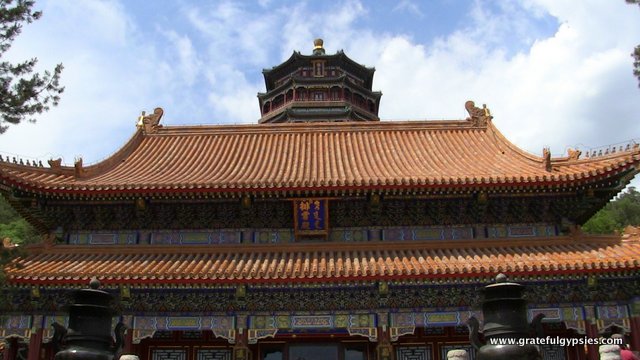
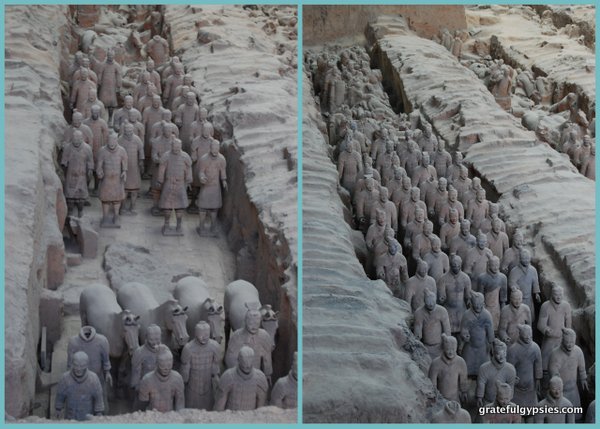
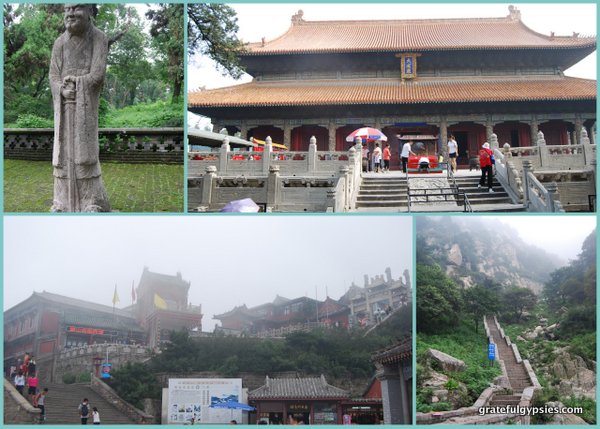
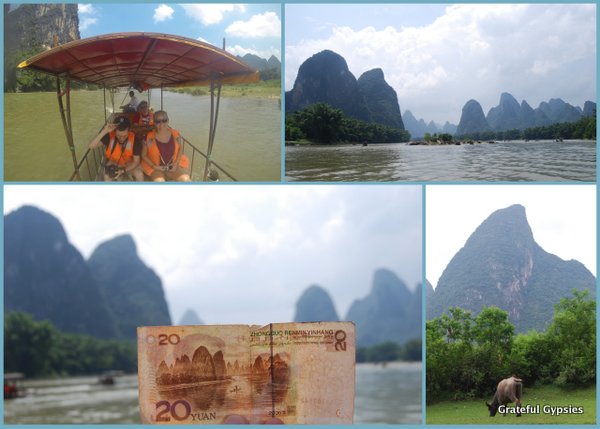

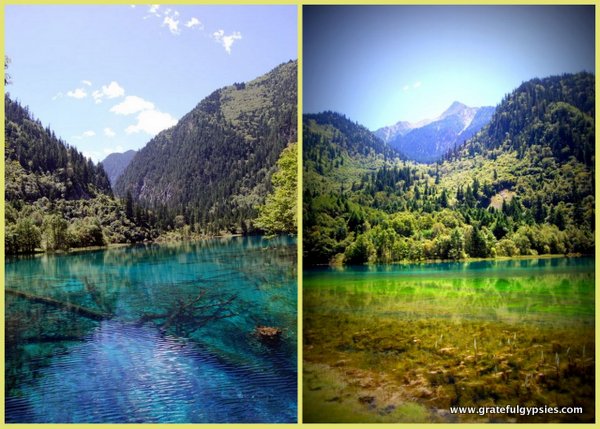


Leave a comment: